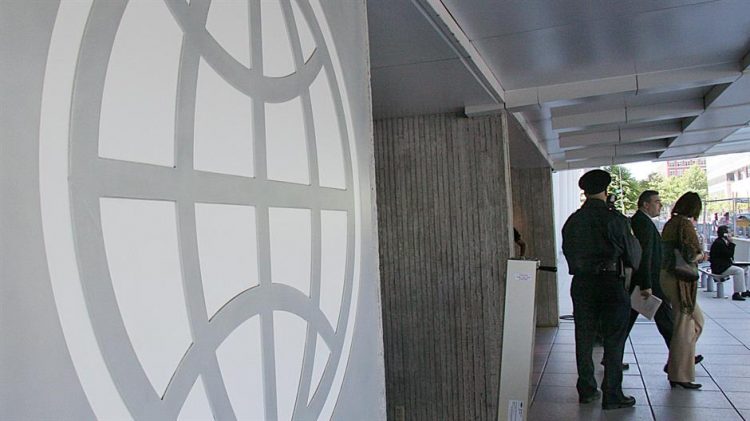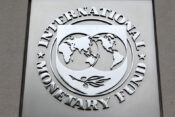
The World Bank said Thursday it is against any form of State intervention or instruction to banks operating in Bosnia on how to work with loans and conduct their business in an attempt to mitigate the economic crisis following Covid-19 containment measures.
The Organisation's letter to Bosnian authorities comes after announcements that Bosnian authorities could introduce legislation limiting interest rates for loans of those affected by Covid-19 in Bosnia to only 1 percent and introducing a six to 12-month moratorium to such loans.
The full contents of the letter can be read in the text below:
“We recently learned that draft amendments to the proposal on the Law on Mitigation of Adverse Economic Consequences announced on April 20, propose the introduction of a mandatory moratorium on credits for all-natural and legal persons for the period of 6 to 12 months, as well as an interest rate cap of 1 percent on credits in the moratorium.
Emanuel Salinas, Country Manager for the World Bank said ‘the World Bank strongly advises against an absolute moratorium that applies to all debtors, regardless of their financial situation as well as against prescribing banks the amount of interest they can charge on their loans.’
In our view, the combination of a general moratorium (irrespective of borrowers’ repayment capacity) with below-market interest rates, without a serious effort to understand the effect on banks is a major risk to the economy for many reasons. First, it creates serious financial stability risks by undermining banks’ liquidity and capital. Second, it undermines payment discipline by enabling defaults by borrowers who are financially capable but unwilling to pay – and this would only make it more difficult and expensive to good customers to get financing in the future. Third, it can distort the allocation of credit towards borrowers who were not commercially viable before COVID-19 at the expense of more promising sectors. In light of these considerations, we strongly urged the authorities to reconsider the proposed policy measures.
While policymakers are putting in place various borrower relief measures, it is critical that their design is carefully thought through to protect the public interest and preserve safe and sound banking systems and financial stability. If taken too far, these measures could lead to stability challenges further down the road, with a weakening banking sector exacerbating the adverse economic impact of COVID-19. This is especially important in Western Balkans and other countries in Europe, where the global financial crisis left an enduring legacy of high non-performing loans that resulted in many countries becoming stuck in a persistent negative feedback loop between weak financial sector performance and lacklustre economic growth. These experiences underscore the importance of cautious design to safeguard the hard-won gains of the past decade.
As authorities consider policies, it is critical that the design takes into account the financial impact on banks of any relief measures. The financial impact on banks needs to be explicitly factored into the design of measures, to protect the public interest in banking stability. It is equally important to beware of moral hazard associated with willful defaulters (who are financially capable but unwilling to pay), as well as so-called zombie borrowers (whose difficulties predated COVID-19 and are non-viable).”





